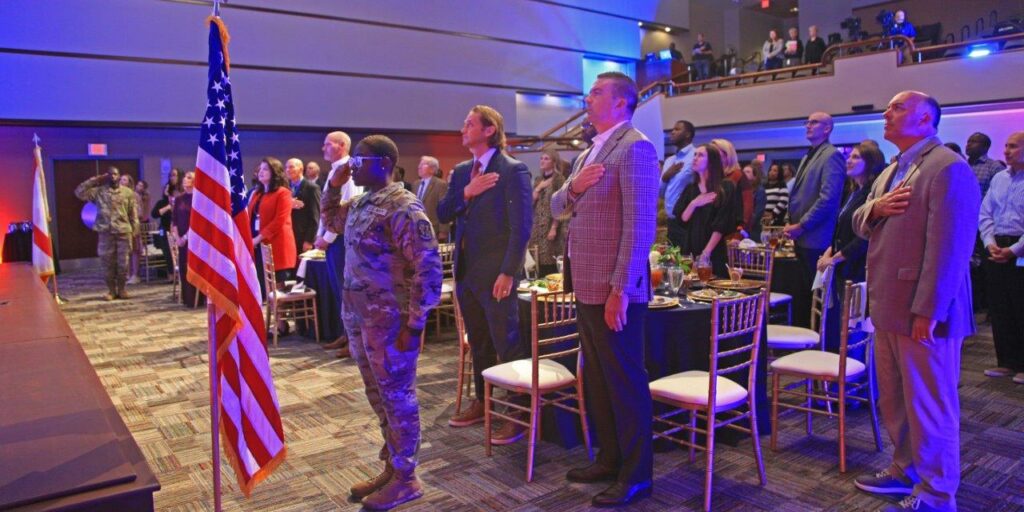Known around the world as the church where the Rev. Martin Luther King Jr. pastored, Dexter Avenue Baptist Church is ingrained in American history. Now known as Dexter Avenue King Memorial Baptist Church, the house of worship has long been a main attraction for travelers from around the world when visiting Montgomery.
King became pastor of Dexter Avenue Baptist Church in 1954, after relocating to Montgomery from Atlanta. Within a year, King and the church catapulted into the national spotlight at the start of the Montgomery Bus Boycott. Because King was the first president of the Montgomery Improvement Association, Dexter Avenue Baptist Church became the meeting place where Black leaders gathered and held planning sessions during the boycott. Many of its members became strategists during the yearlong event.During the boycott, King’s parsonage became a target of violence. On the evening of Jan. 30, 1956, a bomb was set off at the home while his wife, Coretta Scott King, and infant daughter, Yolanda, were inside. Although neither was hurt, the reality of what was occurring in Montgomery and inside the walls of Dexter Avenue thrust King into the world spotlight. The home was bombed several times later.
The parsonage at 309 South Jackson St. has become a museum paying homage to King and gives insight into the trailblazer while living with his family there from 1954 until 1960. King became the symbolic leader of the civil rights movement and a household name. Built in 1912 and the home of 12 Dexter Avenue Church pastors from 1920 until 1992, the home was placed on the National Register of Historic Places in 1982. It still holds much of the furniture used by King and his family.
Cromwell Handy, the current pastor of Dexter Avenue King Memorial Baptist Church, is proud to continue the legacy of those who came before him.
“I understand the history and staple this great church has become in the city, nation and world,” Handy said. “We don’t take that for granted. Thousands of people from the around the world each year come to Montgomery to, for one day, walk in the footsteps of King while he led this church, the boycott, the movement. It is an honor to meet all types of people annually that want to take a glimpse into Dr. King’s life; even while cut short, the life he led during the time while in Montgomery that molded him into the leader he was eventually known to be.”
Dexter Parsonage Museum and Interpretive Center is under a five-year renovation to restore and maintain the home. A grant from the Alabama Power Foundation is supporting that work. Inside is the study where King wrote memorable speeches and sermons; the dining room that was a meeting place for the Southern Christian Leadership Conference (SCLC) that organized the bus boycott; and the kitchen where King had an epiphany on Jan. 27, 1956, that eventually became the civil rights movement.
For more information on the Dexter Avenue King Memorial Baptist Church, the Dexter Parsonage Museum and Interpretive Center and its Foundation, visit www.dexterkingmemorial.org.
(Courtesy of Alabama NewsCenter)













